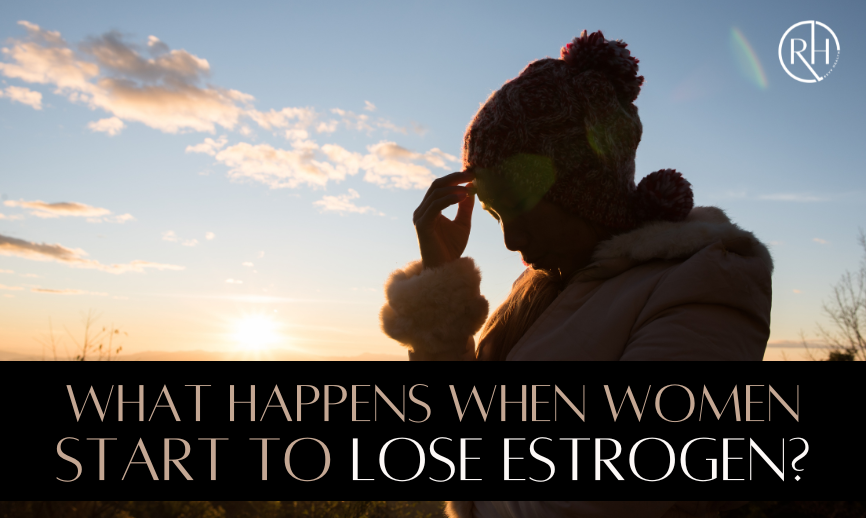What Happens When Women Lose Estrogen?
Estrogen is primarily associated with women, although men also produce estrogen at much lower levels. Although estrogen has many effects on a woman’s body, it is mainly associated with her reproductive cycle and other functions related to reproduction: influencing how the breasts and hips develop during puberty, regulating the menstrual cycle and ovulation, and preparing the uterus for pregnancy.
Estrogen levels vary during the different stages of a woman’s life. Levels are generally high during puberty and a woman’s reproductive years. However, even during this stage, estrogen levels will fluctuate within her menstrual and ovulation cycle, and low estrogen levels affect fertility. During pregnancy, estrogen levels are elevated.
After a woman’s childbearing years are over, estrogen levels drop during perimenopause and menopause. While these changes are a natural consequence of aging, the drop in estrogen levels impacts much more than reproduction. Even more, some women may have low estrogen levels even in their childbearing years, which can lead to infertility, kidney problems, and other problems that would more normally arise later in life.
Effects of Low Estrogen Levels
Estrogen helps regulate many bodily functions, including sexual and reproductive health, bone density, skin elasticity, and mood. When estrogen levels drop or are below normal, it can cause physical and emotional symptoms that some women often find challenging to manage. It can also have long-term physical impacts, such as weakening the bones and affecting a woman’s appearance.
The physical symptoms of declining estrogen levels vary from woman to woman but often include effects such as:
- Hot flashes
- Night sweats
- Weight gain or loss
- Fatigue
- Insomnia
- Joint pain
- Decreased libido
- Painful or dissatisfying intercourse
In addition to these effects, there are also psychological and emotional impacts.
If these changes come about due to aging and menopause, women may additionally experience depression or anxiety as they adjust to this new stage of life. They may feel overwhelmed by the changes in their bodies or struggle with sadness or loneliness. These effects can sometimes be alleviated by making lifestyle adjustments such as exercising regularly, improving eating habits, avoiding unhealthy activities like smoking or drinking, getting sufficient sleep, or engaging in stress management techniques like meditation.
But sometimes, those measures may not be enough to improve the situation. In some cases of menopause, and certainly in women of childbearing age suffering the effects of low estrogen levels, women will need to do more to address their hormone levels. The right therapy can help restore balance in the body and reduce the severity of these symptoms or even eliminate them.
The REVV Health Distinction
At REVV Health, we aim to help our clients achieve and maintain optimal hormone levels. Through the effective use of hormone therapy, we help both women and men to achieve their best health, even as they age and experience natural hormonal changes. Using blood tests, we measure each individual’s hormone levels – not just estrogen but all the hormones that can affect mood, emotional stability, physical strength, sexual performance, and bodily functions. We design individualized regimens to help people achieve optimal physical health at any age.
By addressing hormonal imbalances, we can help people enjoy their lives more now and avoid many health problems that arise later from hormonal imbalances that never get adequately addressed. Unlike doctors, who are primarily interested in treating sickness or who only take note when a patient’s hormonal levels fall below a “normal” range for someone of that age, our focus is on enhancing health by bringing hormonal levels into the right balance.
If you are experiencing symptoms that indicate your estrogen levels are low and the effects are severely impacting your quality of life, contact REVV Health today to learn more about how we can help you live your best life.


